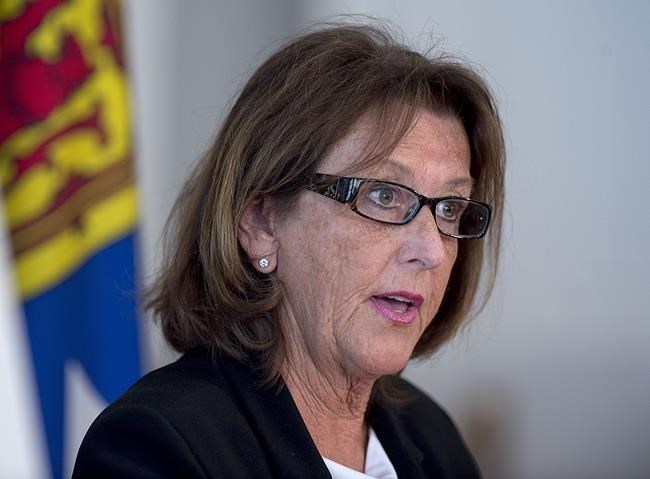HALIFAX — Nova Scotia's Liberal government is expected to table its fifth consecutive balanced budget today, and opposition leaders believe it could point towards an early election call this year.
Premier Stephen McNeil's government has stepped up the pace of its funding announcements in recent weeks and has already released details on key parts of the 2020-2021 budget, including a tax break for business and the largest capital plan in the province's history.
Progressive Conservative Leader Tim Houston said the opposition parties are alert to the signals and he believes Finance Minister Karen Casey will table what amounts to "an election budget."
Houston said he'll be watching for increased spending to bolster the province's stressed health care system and to address low-income housing shortages.
"The Liberals have kind of ignored those things," he said. "Now they are going to pop the cork off and give the illusion that they are the people that can address the challenges. He (McNeil) will start his re-election campaign with a traditional old-school budget."
Earlier this month, McNeil announced a plan to cut the corporate tax rate by two percentage points, from 16 to 14 per cent, while he said the small business tax rate would also drop from three to 2.5 per cent, representing an overall cost of about $80 million to provincial coffers.
Finance Minister Karen Casey followed up a week later by revealing a $1.042-billion capital plan — a whopping 51 per cent year-over-year increase from the $691.3 million allocated in 2019-20.
It included $385.3 million for road-twinning projects as well as $265.6 million to build, renovate and purchase schools, along with $154 million to support the ongoing development of new hospital projects in Halifax and Sydney.
Casey justified the jump by saying the time was right to increase infrastructure spending in areas of need.
NDP Leader Gary Burrill said that spending should be extended to other areas such as public housing, where there is a wait list of 5,000 households, and to supportive housing for people with disabilities, which has a wait list of 1,500. He said funding is also needed to support mental health, which is burdened by long wait times for those who need care.
Like Houston, he believes the government is ready to spend more.
"The government has been conducting itself in very much a pre-election mode," he said. "Everything about it indicates that is where we are." The last provincial election was less than three years ago in May 2017.
At the legislature on Friday, McNeil touted his government's past restraint after he was asked for thoughts on the upcoming budget.
"I would consider this budget a dividend to Nova Scotians who have worked really hard over the last six years to drive an impressive economy and growth," he said.
In her December fiscal update, Casey said the province was on track for a projected surplus of $27.3 million for fiscal 2019-20, a figure down from last spring's budget estimate of $29.4 million.
This report by The Canadian Press was first published Feb. 25, 2020.
The Canadian Press

